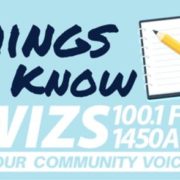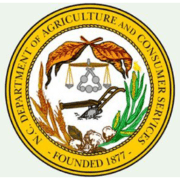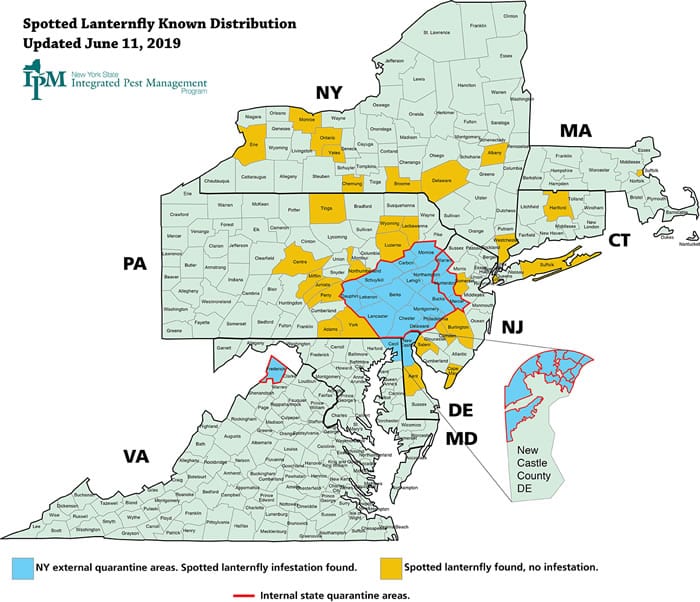Check Receipts For Accuracy – Scanning Errors Do Occur!
Two area retailers have paid penalties totaling more than $4,700 in civil penalties for error rates in advertised prices and the prices that ring up at the register, according to information from the N.C. Department of Agriculture’s Standards Division.
The Walgreens located at 201 Trade St., Henderson paid $495 in September following a string of inspections over several months, during which the error rate fell from 14 percent to a passing level in August. The 14 percent error rate in February was based on 7 overcharges in a 50-item lot; subsequent follow-up inspections found error rates of 3.67 percent in March, based on 11 overcharges in a 300-item lot and a 6.67 percent error rate in May, based on 20 overcharges in a 300-item lot. The store passed inspection in August and paid its penalty in September, according to the NCDA report.
The Warrenton Dollar General, 211 E. Macon St., paid $4,245 following an initial inspection in July found an error rate of 40 percent and a follow-up inspection in August showed an 18.33 percent error rate.
The store will be reinspected.
The July inspection showed 20 overcharges in a 50-item lot; the August inspection found an error rate of 18.33% based on 55 overcharges in a 300-item lot. The store will be reinspected.
“Our Standards Division does excellent work inspecting stores across the state for scanner errors that hurt consumers’ pockets,” said Agriculture Commissioner Steve Troxler. “North Carolinians should only have to pay the price they see on the shelf and this work is vital to make sure that happens. Our Standards Division will continue to inspect stores, but consumers should also check their receipts often and notify store managers if they see an issue.”
The department conducts periodic, unannounced inspections of price-scanner systems in businesses to check for accuracy between the prices advertised and the prices that ring up at the register. If a store has more than a 2 percent error rate on overcharges, inspectors discuss the findings with the store manager and conduct a more intensive follow-up inspection later. Undercharges are also reported, but do not count against a store. Consumers who would like to file a complaint about scanner errors they encounter, can call the Standards Division at 984.236.4750.
Penalties are assessed if a store fails a follow-up inspection. In addition to the penalties paid, the store will be subject to reinspection every 60 days from the last inspection until the error rate is at 2 percent or lower. Additional penalties may be assessed if a store fails reinspection.





 North Carolina has no reports of this invasive pest. Spotted Lanternfly is an invasive planthopper native to China that could cause billions of dollars in loss to NC agriculture, tourism and trade should it become established in our state. This pest is a hitchhiker and can be easily moved long distances on vehicles, campers and outdoor equipment.
North Carolina has no reports of this invasive pest. Spotted Lanternfly is an invasive planthopper native to China that could cause billions of dollars in loss to NC agriculture, tourism and trade should it become established in our state. This pest is a hitchhiker and can be easily moved long distances on vehicles, campers and outdoor equipment.